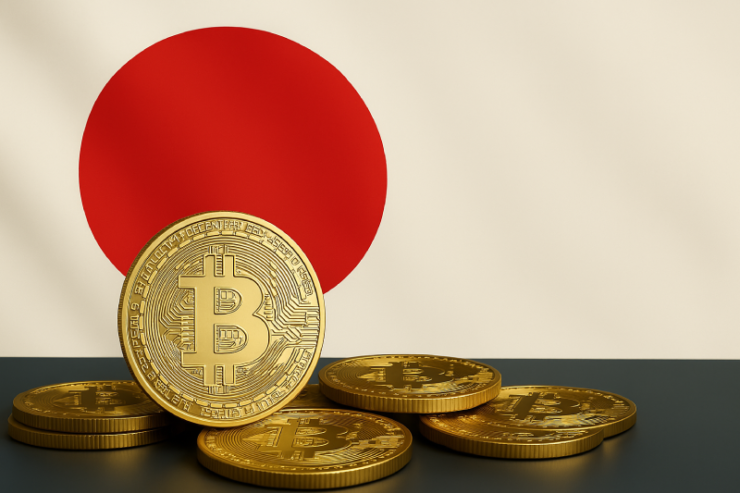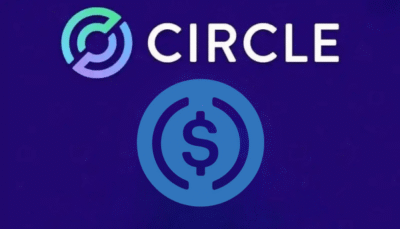Japan’s top financial regulator is preparing to reclassify cryptocurrencies as financial products, a move that could reshape the country’s regulatory approach to digital assets. The Financial Services Agency (FSA) will seek to amend the Financial Instruments and Exchange Act as early as 2026, according to the Nikkei business daily.
The proposed changes would place cryptocurrencies under the same legal framework as traditional financial instruments, subjecting them to insider trading rules. The FSA’s aim is to curb unfair trading practices involving non-public information, a growing concern as crypto becomes a more prominent investment vehicle.
Insider Trading Restrictions and New Classifications
As part of the reforms, the FSA plans to apply restrictions on internal transactions of encrypted assets. Crypto assets would be treated as a new asset category distinct from securities, bringing them under broader oversight while offering clearer tax and compliance guidelines. The goal, according to a March 30 report by PANews, is to regulate digital currencies used for investment to prevent abuse and promote transparency.
A financial committee under the FSA will begin reviewing the draft revisions in the summer of 2025. If approved, the proposal would revise the Financial Transactions Act, positioning crypto within Japan’s existing financial regulatory infrastructure.
Momentum for reform has been growing within Japan’s ruling Liberal Democratic Party (LDP). Earlier this month, LDP lawmaker Akihisa Shiozaki introduced a draft proposal to reduce the tax rate on crypto gains from 55 percent to 20 percent. The draft also redefines crypto as a separate asset class under the Financial Instruments and Exchange Act, removing it from its current classification under the Payment Services Act.
“This is a big day,” tweeted Sota Watanabe, CEO of Web3 infrastructure firm Startale. Watanabe added he was “100% sure” that adoption would increase among Japanese investors due to the clarity offered by the new classification.
The LDP is accepting public feedback on its proposal until March 31, after which the input will be submitted to the FSA for consideration. Shiozaki emphasized that the reform aims to support market development, investor protection, and separate taxation standards for crypto assets.
These developments come amid broader policy debates. In December 2024, Prime Minister Shigeru Ishiba dismissed calls to build a national Bitcoin reserve, citing a lack of clarity on global positions. The proposal had been put forth by Councilor Satoshi Hamada, who formally submitted the request to the National Diet on December 11.
Meanwhile, the FSA is weighing the possibility of lifting its longstanding ban on crypto exchange-traded funds. Discussions are expected to continue through 2025, with a legislative proposal likely by 2026.





